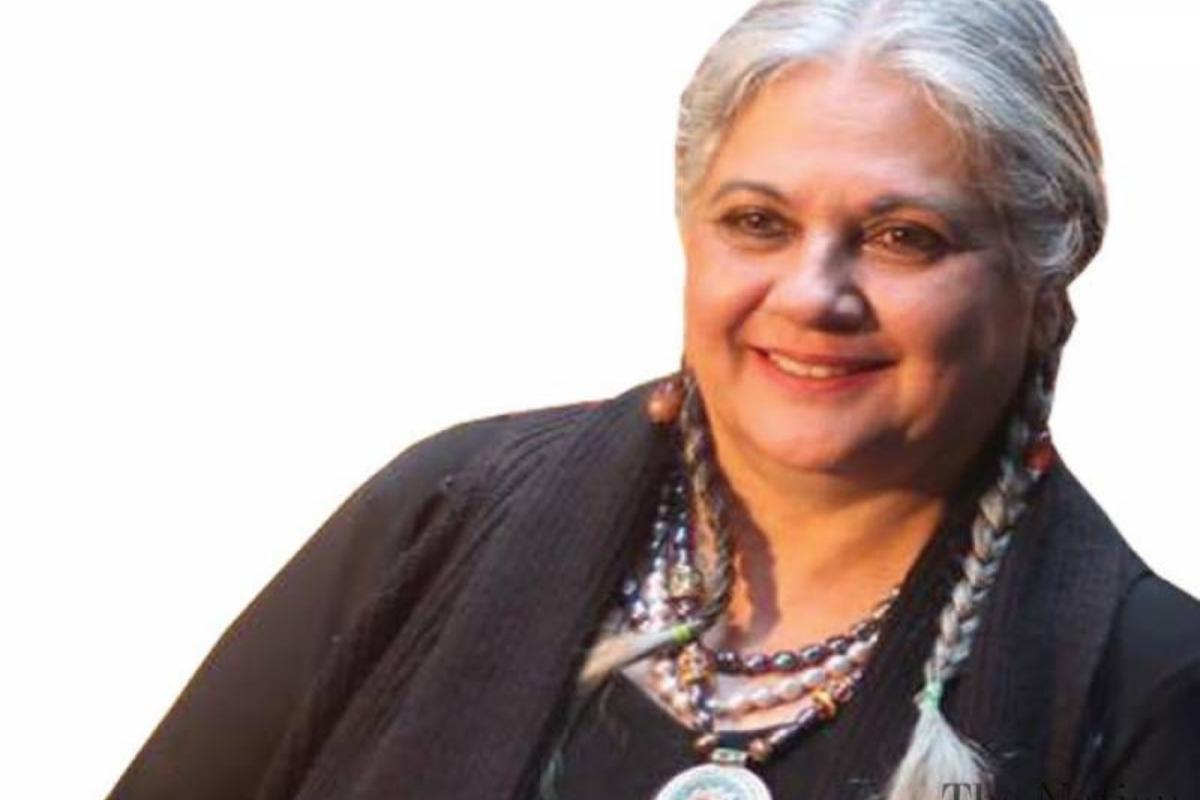The famous TV actor Shehnaz Sheikh, who played Sana Murad of Ankahi and Zara of Tanhaiyan in the 1980s and was a household name at the time, does not watch TV serials anymore.
“I don’t watch TV serials because they have so many episodes. Sometimes a serial has 26 or 27 episodes. This kind of work seems pretty easy to me now that things have changed so much. But I won’t say that all serials or plays aren’t doing well, because some of them are,” says Sheikh, whose acting skills are admired not only in Pakistan but also in almost every other country where Urdu is spoken or understood.
In a recent interview with Dawn, she talks about art, culture, and the modern TV plays that are being shown on private channels.
When asked more about the quality of TV dramas, Sheikh says, “I think that, in general, TV dramas have lost their quality. When we used to do plays at PTV, we had educated producers or directors who knew a lot about casting and could tell a good script from a bad one. The PTV used to pay for all the plays and artists’ costs. I’m very sad to say that the PTV has been destroyed in a planned way to help private channels and “the brands” that sponsor private channels right now. Now, brands decide what the story is and how it should be told. The political appointments at the PTV were the worst part of this whole mess.”
Sheikh says that if you look at how good acting used to be, it has gotten worse, and there are reasons for this. But she is glad that something is being done, whether it is good or bad.
When asked why cultural institutions like art councils let commercial productions like commercial theatre use their space, she says that the performing arts need sponsorships and patronage, and that theatre, actors, and dancers all need to be patronised.
“But who is buying them now? It’s the business people, not the government, because it’s too expensive. I would be embarrassed to say that the government should support the arts because it doesn’t support health, children, or education, let alone art.
But there are always institutions that give artists chances, she says, adding that Karachi is home to the National Academy of Performing Arts (NAPA), which is an acting school. “I think that schools that teach performing or visual arts are doing the best thing for the next generation of artists.”
Sheikh was asked if the government should set up national institutions to produce and help young artists. In response, he asked who would run such an institution. “A bureaucrat, not even an artist, would be put in charge, and then what would happen to that institution? Would it fall apart? In this country, the government would never put an artist in charge of a performing arts institution. This is because we artists, who are the most qualified for this kind of job, don’t meet the requirements. They would ask if you had a degree or if you were too old, but they wouldn’t look at how much experience you had in your field.
She thinks that some of the current characters, like Sania Saeed, Sanam Saeed, and Iqra Aziz, are doing a great job.
When asked about what she does and how she spends her time, she says, “I’ve been teaching acting for a long time.” I’ve been teaching theatre at Aitchison College for about 14 years, and I’ve been teaching acting at Lahore Grammar School (LGS) for over a decade. I just started teaching theatre at my old school, National College of Arts (NCA), where I’m teaching a six-month acting course. I hope that we will put on a play at the end of the diploma course in October of this year.”
[embedpost slug=”ayeza-khan-enjoys-pool-party-with-her-kids-watch-video/”]

















